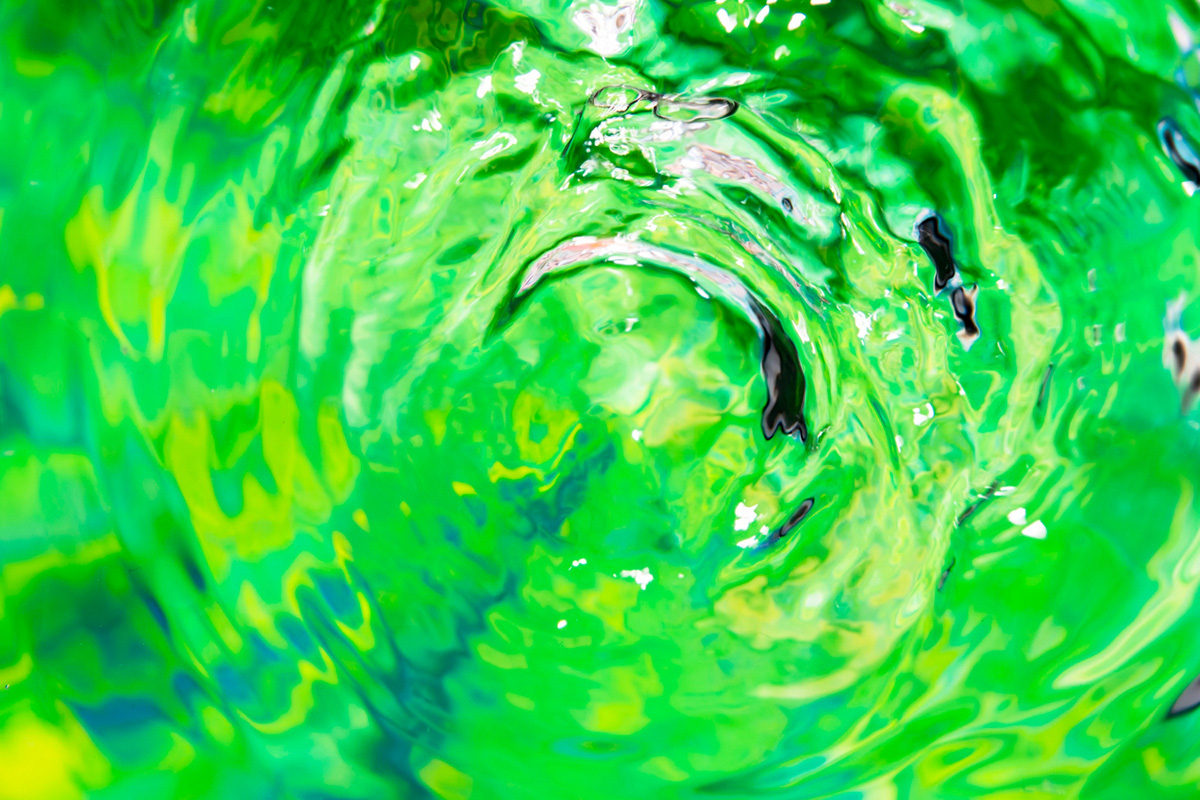
Swimming pool algae is a common problem that most pool owners face at some point in time. Algae are tiny, microscopic plants that thrive on sunlight, carbon dioxide, and water. If not treated promptly, algae can take over your pool and cause unpleasant odors, cloudiness or discoloration. Luckily, preventing pool algae is not a difficult task once you understand the most effective methods of preventing and controlling the growth of this unwelcome guest. In this post, we’ll share some helpful tips on how to prevent the growth of algae in your pool year-round, so you can enjoy your crystal-clear water without the hassle.
Keep your pool clean and balanced:
The first and most important step to preventing algae growth is to keep your pool clean and balanced. This means removing debris, such as leaves or dead bugs, as well as checking your pH, alkalinity, and chlorine levels regularly. Proper water chemistry is essential for preventing algae growth. Any fluctuations in these levels can cause the water to become too acidic or too alkaline, thus creating perfect conditions for algae to grow. A regular pool maintenance routine should include vacuuming, skimming, and brushing your pool walls to keep algae at bay.
Use pool shock:
Pool shock is an effective treatment for not only preventing algae growth but also eliminating it if necessary. Shocking your pool involves adding a large amount of chlorine to the water to raise the concentration of free chlorine. This breaks down and destroys organic matter that could become a breeding ground for algae. You should shock your pool regularly, especially after heavy rainfall or periods of hot weather when algae growth is more likely to occur.
Add algaecide:
Algaecide is a powerful chemical designed to kill and prevent algae growth. It comes in different types, such as copper-based, chlorine-based, or polyquat-based. Each type has its pros and cons, so it’s critical to consult with a professional to figure out which type is best for your pool. Algaecide is an excellent preventative measure and should be added every time you shock your pool to amplify its effectiveness.
Keep the pool water moving:
Stagnant water is a breeding place for algae, so it’s essential to keep your pool water moving. Running your pool filter for at least eight hours a day is necessary to keep the water circulating and to prevent the formation of pockets of stagnant water that can harbor algae. Consider investing in a pool pump timer to ensure your filter runs on a regular schedule.
Reduce sunlight exposure:
Finally, sunlight is one of the most significant factors in algae growth. Pools with too much direct sunlight tend to be more vulnerable to algae growth than cloudy, darker pools. If possible, position your pool in the shade, or install a pool umbrella or canopy to reduce the amount of sunlight exposure your pool receives.
Conclusion:
Preventing swimming pool algae can save you time, money, and frustration in the long run. Keep your pool clean and balanced, shock it regularly, add algaecide, keep the water moving, and reduce sunlight exposure are the essential steps to maintain an algae-free pool. By following these tips, you can enjoy crystal-clear water and a sparkling pool all year round. For trustworthy pool renovation services in Orlando, be sure to contact All Phase Pool Remodeling, Inc to get a free quote today!